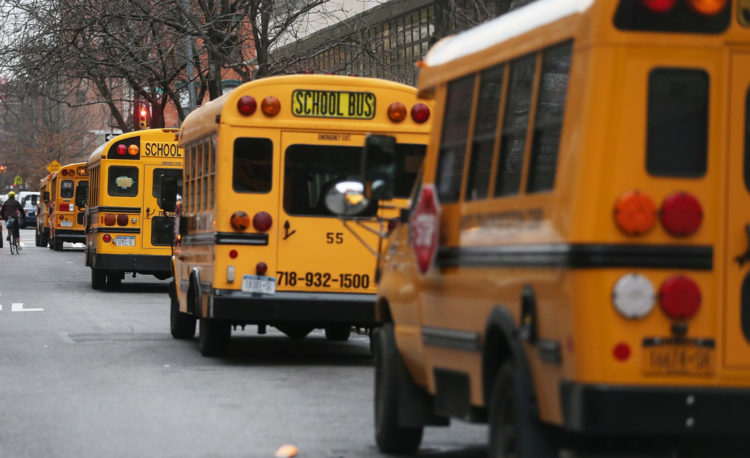Financial Aid Could Soon Be Available For Nontraditional Education Programs
This come as no surprise: Higher education is expensive. A shocking number of Americans—44.2 million—have student loan debt—with the total amount owed currently at $1.28 trillion. And to make matters worse, the unemployment rate is at 5.6 percent among young college graduates, and the underemployment rate is a depressing 12.6 percent.
There’s no doubt that higher education needs some reform. Last fall, under President Obama, the Department of Education announced a pilot program that would expand the types of educational programs that are eligible for financial aid.
The program, called the Educational Quality Through Innovation Partnerships (EQUIP), would give federal financial aid to students enrolled in nontraditional education programs, such as coding boot camps, online courses and short-term certificate programs. Not everyone can afford to attend a traditional university, and according to the Department of Education, these programs can be “more flexible and more affordable credentials and educational options than those offered by traditional higher institutions.” This is the first time these types of programs would receive funding.
The pilot program is allocating $17 million in student loans and grants for low-income students to attend these new training programs, which will be run via partnerships between traditional four-year universities and non-traditional education institutions.
Previously, federal financial aid was only available to students attending community colleges, trade schools or traditional four-year universities.
Although the launches of many of the programs in pilot phase have been delayed from between six months and one and a half years, the expectation is that they will begin launching soon.
The fate of the program does hang slightly in the balance in that there’s a chance the new administration will not continue it. But despite the fact that the program was begun under a Democratic administration, the Education Advisory Board has suggested that “Republican states’ efforts to promote public-private education partnerships and outcomes-based evaluations suggest EQUIP will appeal to the new administration too.” They do also acknowledge, though, that neither President Trump nor Secretary of Education Betsy DeVos has made any official statement regarding the program’s future.






